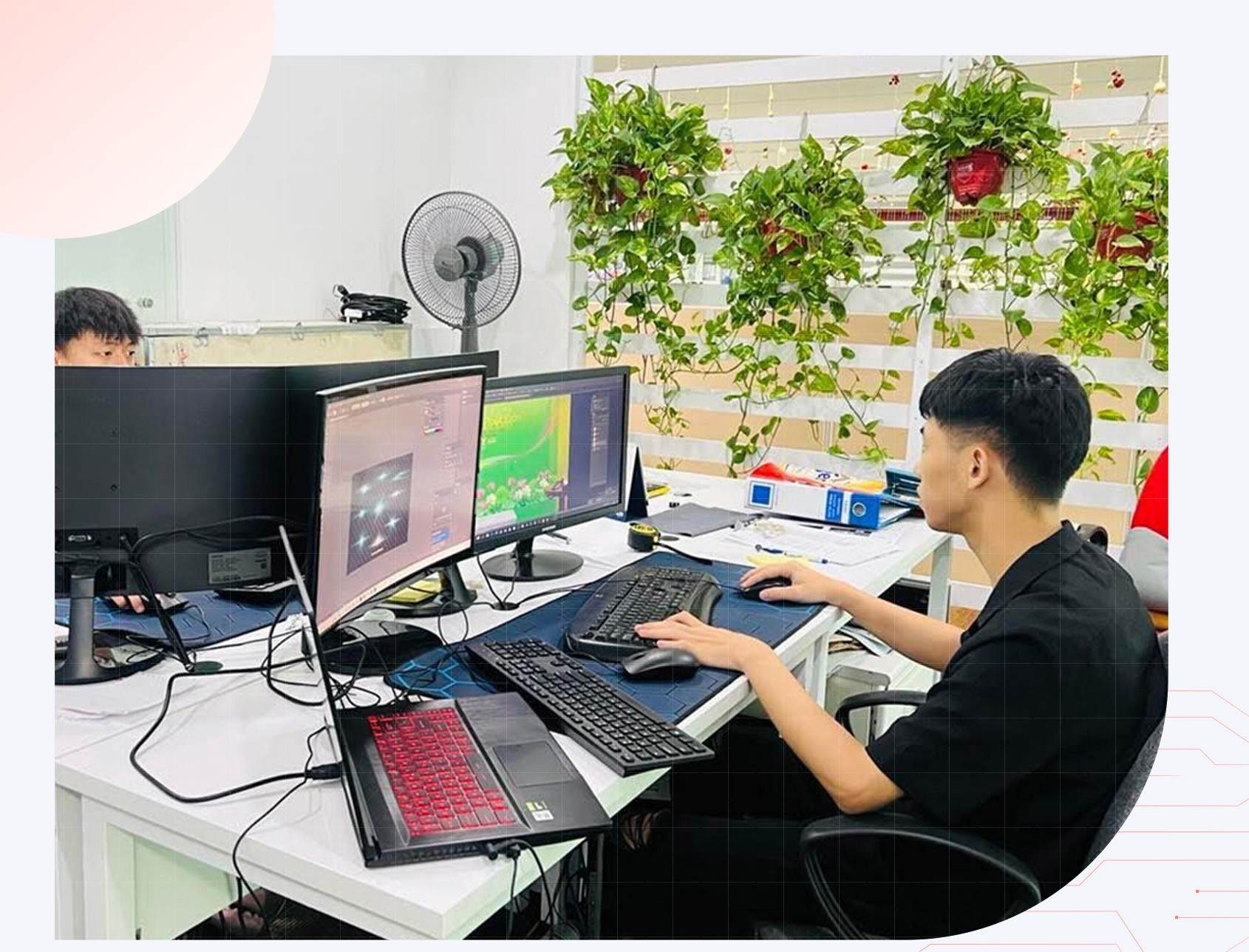
Associate Prof Bui Quang Tuan, head of the Vietnam Economics Institute, said the world is re-stabilizing by establishing a new order, with more new "poles". The current "game" is not being determined by one entity.
The new situation offers new opportunities to latecomers and to developing economies like Vietnam.
The achievements and breakthroughs of the 4.0 industrial revolution and digital transformation offers opportunities to developing countries, especially Vietnam. The young population allows it to quickly access the 4.0 industrial revolution.
In the past, Vietnam was an underdeveloped country and lagged behind other countries. But now Vietnam is at the same starting point in digital transformation as other countries and can even "run" faster than more developed countries.
Since technology has made great strides, globalization continues, though there have been twists and turns. Globalization has made the world flat with weaker boundaries.
“A friend of mine is developing e-commerce in the US. When I asked why he decided to do business in the US instead of Vietnam, he said there is a lot of room and a niche market there which has not been exploited. He can make big profits from the e-commerce system though he doesn’t have a storehouse and logistics network of his own,” Tuan said.
In addition to digital transformation, going green is also a growing trend, creating a lot of new fields.
“I returned from an international seminar in South Korea where participants not only discussed renewable energy, but also about an industry based on hydrogen, following the trend of greening, reducing emissions, and striving for the zero-emission goal (Vietnam has committed to reduce emissions to zero percent by 2050).
The green growth trend requires Vietnam to change its production model towards reducing emissions, greening production, and forming a circular economy. If Vietnam can satisfy the requirements, it will have opportunities to export products to many markets with high demand for green products.
The head of the Vietnam Economics Institute also said he sees a great opportunity for Vietnam in investment relocation and global value chain restructuring.
Because of political conflicts and the competition for influence of emerging powers, the appearance of robots and new technologies, the world is witnessing a movement of investment to home countries or areas near the home country, and diversifying of investment markets. The global value chain, therefore, has been re-shaped.
In the past, many foreign investors invested in China. But now, as a result of investment flow restructuring, opportunities are available in emerging markets, including Vietnam. Therefore, it would not be a surprise if, amid economic difficulties and continued import and export declines, foreign direct investment (FDI) remains strong with disbursement even slightly increasing by 0.5 percent in the first half of 2023.
Even climate change, which is expected to affect Vietnam very seriously, may become an opportunity
Experts have warned that if the sea water level increases by one meter Vietnam would lose 40 percent of cultivation land in Mekong Delta, and 20 percent of HCM City may become inundated.
However, if we anticipate the reduction in cultivation, Vietnam can change its business model, he said. Instead of tilling rice, farmers should develop aquaculture which can bring higher added value than rice farming.
Adaptability
The World Bank in June 2023 predicted that the world’s economy would grow by 2.1 percent in 2023 and 2.4 percent in 2024, while OECD (Organization for Economic Cooperation and Development) predicted 2.7 percent and 2.9 percent. Vietnam will be heavily impacted because of its openness.
Most recently, the Ministry of Planning and Investment (MPI) gave two GDP growth rate scenarios under which the growth rates could be 6 percent or 6.5 percent in 2023.
However, Tuan doesn’t believe Vietnam will gain the high growth rates, even though the macro economy was good in the first half, the inflation rate was low (3.29 percent), public debt was just 38 percent, and the budget deficit was small.
“I personally think that the growth rate of 5-5.5 percent will be very good,” Tuan said
Asked what Vietnamese enterprises need to do to overcome difficulties, Tuan emphasized the adaptability of enterprises.
“Adapting to new circumstances and grasping opportunities to overcome difficulties will bring victory in the new 'game',” he said.
Duy Anh